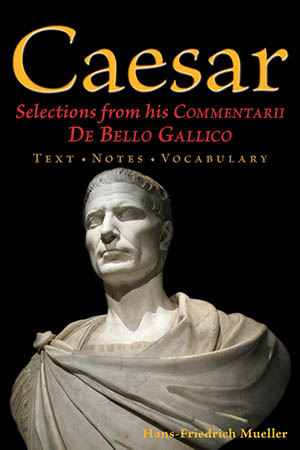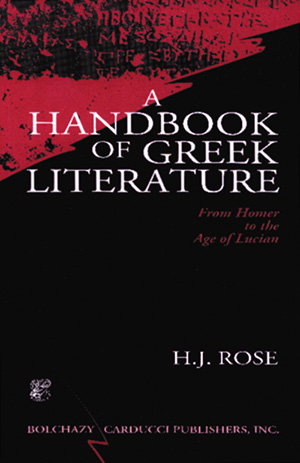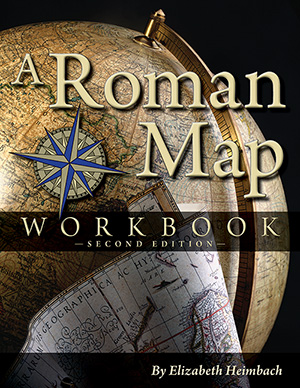We know almost nothing of the Roman author Lucretius, except that he gave to the world a didactic poem that is the oddest of ducks: a passionate, philosophic/scientific treatise that explains Epicurus's theory of atoms and touts reason and exacting knowledge of the way things are as antidotes to uncertainty and the fear of death. In six books that teeter between celebratory creation and total annihilation, its narrative is driven by pounding logic and determined pedagogical prodding. Studded as it is with vivid stories and meticulous observations of natural phenomena, The Nature of the Universe is an ancient work still able to grab hold of modern readers and not let go. As timely today as it was 2,000 years ago, it proves that the humanities and sciences can inspire and complete one another.
Special Features
- Introduction to The Nature of the Universe and to Lucretius
- Lively prose rendition in English of all six books with
- introductions to each book’s structure and highlights
- heading divisions within books that summarize contents
- introductions to each book’s structure and highlights
- Annotated index of topics and glossary of proper names
- 7 illustrations
- Selected bibliography

Titus Lucretius Carus (c. 99 BC - c. 55 BC) was a Roman poet and philosopher. His only known work is the epic philosophical poem De Rerum Natura about the tenets and philosophy of Epicureanism, and which is usually translated into English as 'On the Nature of Things'. Lucretius: The Nature of the Universe by G. B. Cobbold features a singularly gifted translation of all six books comprising De Rerum Natura with extensive and erudite commentary. Lucretius: The Nature of the Universe is enhanced with the inclusion of an annotated index of topics, a glossary of proper names, seven illustrations, and a selected bibliography. Simply stated, Lucretius: The Nature of the Universe is a critically important and highly recommended addition to academic library Classical Roman Studies reference collections and supplemental curriculum reading lists.
Ubi Fera Sunt: Where the Wild Things Are in Latin
$26.00






